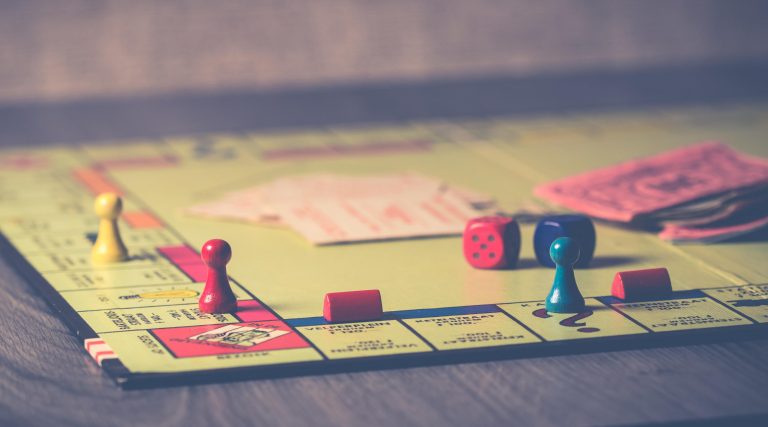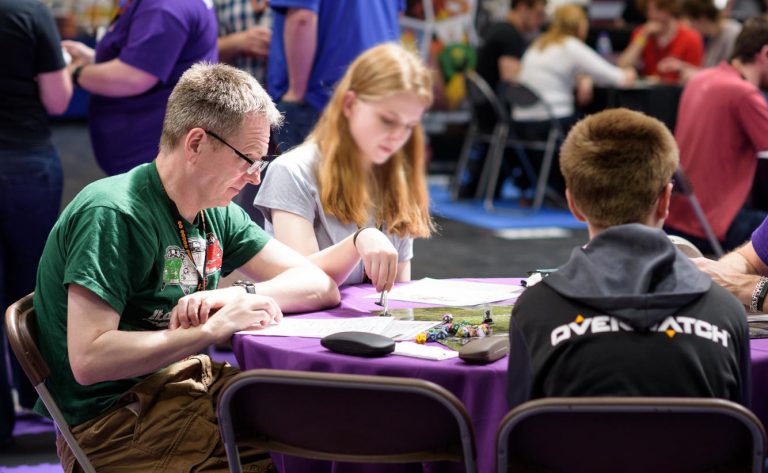Round and Refined – when games are perfectly designed (Topic Discussion)
Games come in all shapes and sizes. Designers create them in different ways and with different intentions. Some games are an interesting mix of mechanisms, others are a passion project that tries to evoke certain emotions when people play them. Games can have simple rules with deep emergent gameplay or they can be rules-heavy. While some games take minutes to play, others can take hours to complete. However games are designed, there are some that feel round and refined, while others seem awkward or overly difficult. So in this article, I want to investigate what it is that makes a game perfectly designed.











